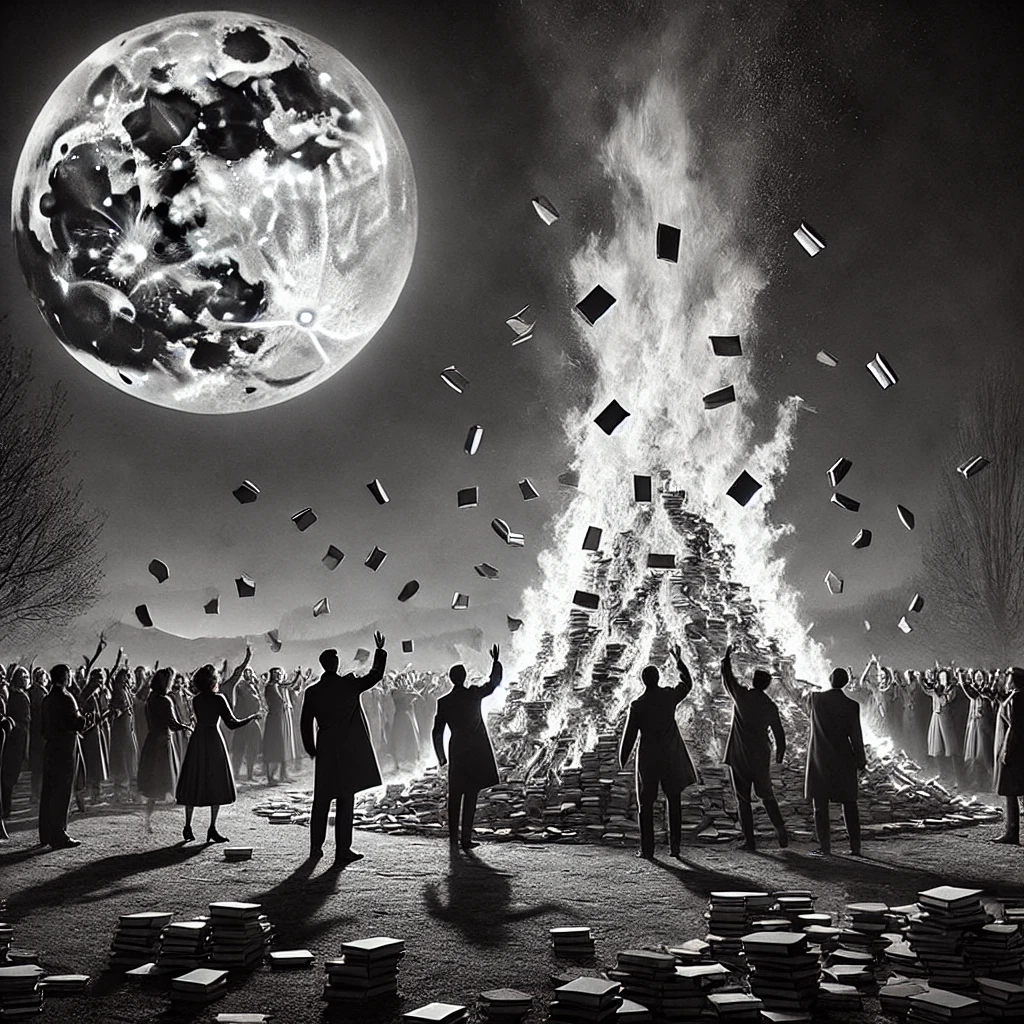
At Issue: What drives the compulsion to “burn it all down,” championed by figures like Steve Bannon and now embraced more broadly following the 2024 election? This appeared to be the message voters sent to Washington in November 2024. Though a minority sentiment, the flaws in the electoral college system have made it the prevailing reality.
The 2024 U.S. election was driven more by “feelings” than “facts”—a phenomenon that isn’t inherently negative but should serve as a wake-up call for those striving to lead responsibly in an increasingly chaotic information ecosystem. People are busy, and the ways we consume information continue to evolve rapidly. Unfortunately, this era of the “Big Lie”, propagated both domestically and by foreign adversaries, has left many misinformed. A case in point: a significant portion of Americans believed tariffs were income flowing into the country rather than costs passed on to consumers, largely offsetting massive tax cuts for the wealthy.
Yes, prices are up, and a substantive debate about inflation, its causes, and solutions could have been constructive. But Americans weren’t “feeling” it, despite robust economic performance both domestically and relative to other G20 nations. As one analyst succinctly put it, the electorate simply wanted to burn it all down. Trump had a much longer runway to frame this narrative. By the time Kamala Harris tried to counter it, she lacked both time and opportunity to refine her message.
Critics argue that Harris’ pivot to the center—under the guidance of “middle-way” advisors—alienated her from an electorate craving authenticity. She came across as a teacher’s pet at the front of the class, while Trump gleefully played the troublemaker in the back. The Democrats’ strategy of pitting one flawed figure against another fell flat. The party doesn’t need a “bad boy” to compete with Trump; it needs a candidate who can authentically connect with voters, not merely promise to.
Trump’s disruptive messaging has led to catastrophic decisions by a swath of the electorate driven by emotion rather than evidence. The irony is stark: those intent on “burning it all down” are unwittingly dismantling their own futures. When the ashes settle, Trump—the self-serving class clown—will have already walked away unscathed, having made certain he and his allies prosper amid the ruins.
This was never about empowering the disenfranchised. It was about gutting the administrative state to hand even more wealth to his elite friends. If “burning it down” truly meant making the rich pay more taxes and redistributing wealth to benefit the working class, it might be a revolution worth fighting for. But Trump’s revolution is an illusion—a smokescreen to dupe his followers into thinking they’re part of a grand uprising when, in reality, they’re merely pawns in a rigged game.
Here is a startling piece from Mother Jones.

Leave a Reply